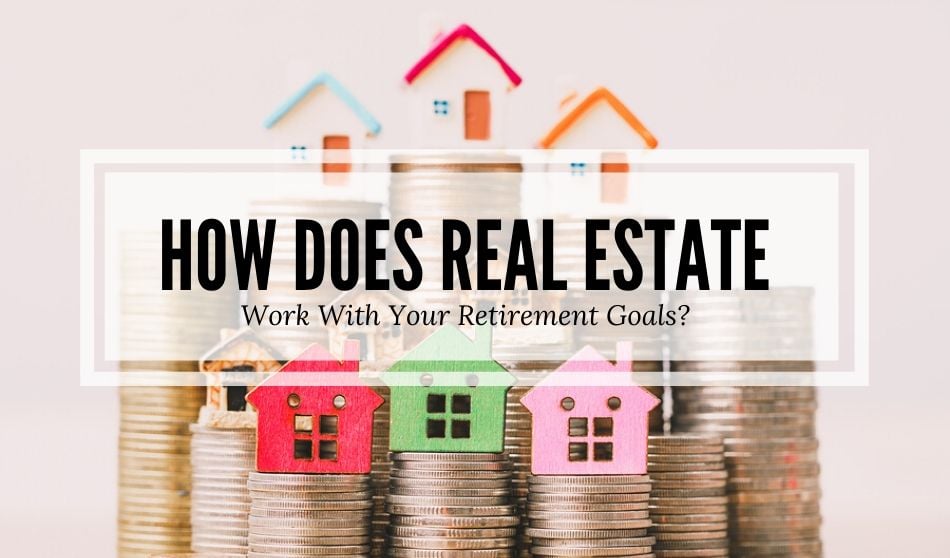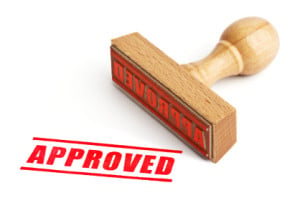
When planning for retirement, there are several saving strategies and asset classes to choose from. However, planning guides often overlook one of the most powerful sections — real estate — and what it can offer your portfolio.
Perhaps you’ve already considered how to optimize your portfolio. Maybe you own several investment properties. No matter where you’re at in the journey, discover how real estate can work with your retirement goals. Plus, learn about some challenges you’ll face along the way.
Benefits of Real Estate in Retirement Planning
Buying a house and paying it off is an excellent way to save for retirement. Add more real estate to your portfolio to rapidly build up your savings. Compared to other asset classes, this one is the least volatile, meaning more consistent earnings and a portfolio that’s resilient to market shocks.
Real estate investment can provide serious advantages that reduce your tax burden, further saving you money. For example, the Tax Cuts and Jobs Act (TCJA) offers investors and property buyers a 100% first-year bonus depreciation deduction. This tax break is available for filings from 2017 to 2022, after which it will be phased out.
Additional real estate also provides the opportunity to earn passive income. When you’re not occupying a property, you can lease it out for a monthly fee. You can also hire a property manager to do the job for you.
Real estate reliably appreciates at similar or higher rates than other common retirement assets. Plus, you can reinvest passive income. If you need more money for investment, you can borrow against your current holdings.
A diversified portfolio — one that collects income from different sources — is the most stable, and will weather any economic downturns. Adding real estate to your assets will defend against shifts or disruptions in the market.
Finding the ROI of Your Rental Properties
According to experts, you should start saving in your 20s. Yet in America, the median retirement account balance is less than $2,500. If you’re behind, investing in real estate can give you the boost you need. How big is this boost? To calculate your return on investment (ROI), you’ll need to do some simple math.
Theoretically, say you pay $100,000 for a rental property. You collect $1,000 in rent each month, a total of $12,000 annually. Your expenses — property taxes, insurance, water bills, etc. — add up to $2,000 for the year, leading to an annual return of $10,000. Now, divide the annual return by the initial investment amount. You’ll discover an ROI of 10%.
This is just one way to calculate ROI, and you can always find other rules of thumb to ensure your property stays a good investment as you start planning for retirement. Remember, your ROI will fluctuate each year based on costs. A smart management strategy and an eye for finances can help you keep your properties profitable over time.
Common Challenges With Real Estate Investment
Of course, any real estate investor should be aware of some of the pitfalls of real estate investment. While it’s often a great strategy for retirement planning, there are some obstacles you need to prepare yourself for.
First, if you become unable to take care of the property yourself, you may need to hire others to keep it in good shape. A property manager is a great asset, allowing you to take a hands-off approach. Yet they also require a fee or a salary, a cost that will cut into your profits.
Consider other expenses you may need to take on, like landscaping or cleaning services. Maintaining real estate investments requires you to roll with the punches and budget for surprise costs. Bad tenants, disrepair and other concerns can shake up your budgeting.
You can always plan to cash out and liquidate your real estate before or during your retirement. However, the selling process isn’t guaranteed to be quick. You don’t know how the market will look like when you decide to sell. If you’re unlucky, you may need to wait or sell your property for less than you planned.
Finally, real estate can be challenging to pass on in a will compared to other assets. It’s nearly impossible to divide a piece of property between multiple inheritors. In other cases, it may be costly for you or inheritors. If you currently rent out your properties, your inheritors must honor ongoing lease agreements.
Real Estate and Your Retirement Strategy
Real estate investment isn’t ideal for everyone. There are some downsides to consider. Any piece of property requires maintenance, especially if you plan to rent it out. Being a landlord requires time and energy, which may be hard if your health, time or mobility is limited.
However, the upsides are significant. Real estate can be one of the best assets to add to a retirement portfolio. Compared to other areas, real estate is generally less volatile and just as valuable. Plus, owning property comes with tax advantages, passive income, and a diversified portfolio.
Thinking about boosting your retirement income? Real estate may just be the best path forward for you.






Great article Holly!
Investig in property management services can help you to maximize the performance of your rental properties and net great yearly returns.
Hi Peter, Thank you for your feedback! We are so glad you liked the article.
Informative Post, investing in Property Business is a great opportunity to double our income.
Hi Bilal, Thank you for your kind words. Glad you liked the article.